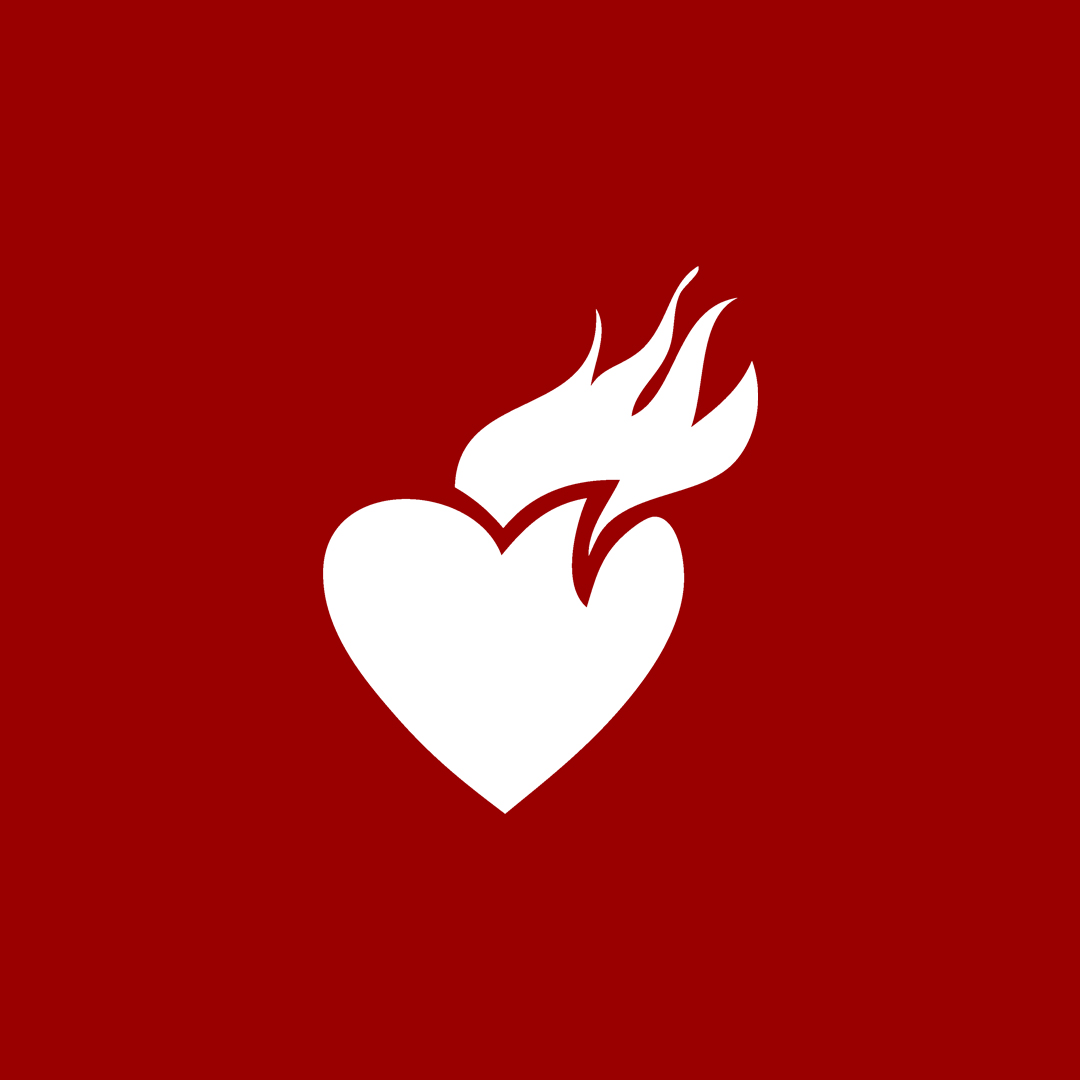Photography by Brian Moody
Kemal Pervanic is a survivor of the notorious Omarska concentration camp, which was set up by Bosnian Serb forces in the early days of the Bosnian War. The camp, nominally an ‘investigation centre’, was uncovered by British journalists in 1992, leading to international outrage and condemnation.
I was born in Bosnia in 1968 when ethnicity and religious beliefs didn’t matter. Although my mother identified as a Muslim, I had no religion. ‘Brotherhood and Unity’ was our slogan. But after the fall of the Soviet Union, political groups started to form along ethnic lines and I noticed some of my Serbian neighbours looking at me differently. One schoolmate, who I’d always been on good terms with, would no longer greet me because I was a Muslim.
Then, in May 1992, the newly named Bosnian Serb Army began targeting Muslims and my village was attacked. I was captured and taken to Omarska camp where the conditions were terrible; there was very little food, no space to sit, and just two toilets for a thousand people. Luckily I was with my middle brother and this eased the pain. But we didn’t know whether the rest of our family members were alive or dead.
A lot of neighbours used this situation to settle old scores. One of the guards was my former language teacher, another was a former classmate. Many times people were taken out and tortured. Some never returned. When I’m asked now, how is it possible for people to turn on those they know so suddenly, I tell them it takes a long time to prepare people for the slaughter of their neighbours.
I spent the whole time in a state of terror, but I knew I needed to suppress my feelings in order to survive. I became able to watch someone being slaughtered like a pig without crying. It didn’t mean I didn’t care, but extraordinary circumstances make you react in ways you can’t explain.
After ten weeks three British journalists came to Omarska and the world’s press got hold of the story. As a result, I was transferred along with 1,250 survivors to a camp registered by the International Committee of the Red Cross. The facilities were still terrible but I no longer feared for my life. Finally we were released on condition that we left Bosnia and signed away everything to the newly formed Serbian authority.
When I first arrived in England I couldn’t talk about what had happened. I felt frozen and didn’t trust anyone. It wasn’t until I heard that my elder brother and parents were still in Croatia, and were being treated extremely badly, that I finally broke down. At my blackest moments I imagined killing my torturers and feeling absolutely nothing as I did it. Such an act I knew would destroy me. What saved me during these years was the support I received from some wonderful people.
Ten years later, I decided to return to my village to ask my former neighbours why they’d taken part in the violence. I managed to meet up with two of my former teachers. One of them seemed full of remorse and said he’d never wanted to participate in the Serb National Project, but the other one I didn’t believe. He’d been an interrogator in the camps and had clearly enjoyed the job. He wanted me to say that I forgave him, but at that time I couldn’t do that because he showed no remorse.
Back in England I suffered my second breakdown. Returning to my village had been traumatic – my past had been destroyed, the place just grass and rubble. But despite my trauma, I wasn’t filled with hatred.
Then something strange happened. One cold January morning, I was in the shower when suddenly I found myself saying, ‘I forgive you’. Year after year I’d carried the memory of the perpetrators on my shoulders. So when this moment came I felt a huge release.
It wasn’t a conscious decision to forgive, something just changed inside me. Perhaps it was because my father’s recent death had inspired me to make some personal amends (I’d contacted former girlfriends and apologised in case I’d ever hurt them unintentionally). Perhaps I forgave because I realised that death can come at any time and take away the opportunity for reconciliation.
I went back again to Bosnia, and one day during this trip I recognised a former camp guard hitching by the side of the road. I started laughing. My friend couldn’t understand why I was laughing, but what else could I do? I didn’t want to swear or scream or get violent. I laughed because I remembered the monster this man had been, but now, hitch-hiking alone on a dusty road, he looked almost pitiful. That’s what they call the banality of evil.
People describe these people as monsters, born with a genetically inherent mutant gene. But I don’t believe that. I believe every human being is capable of killing.


